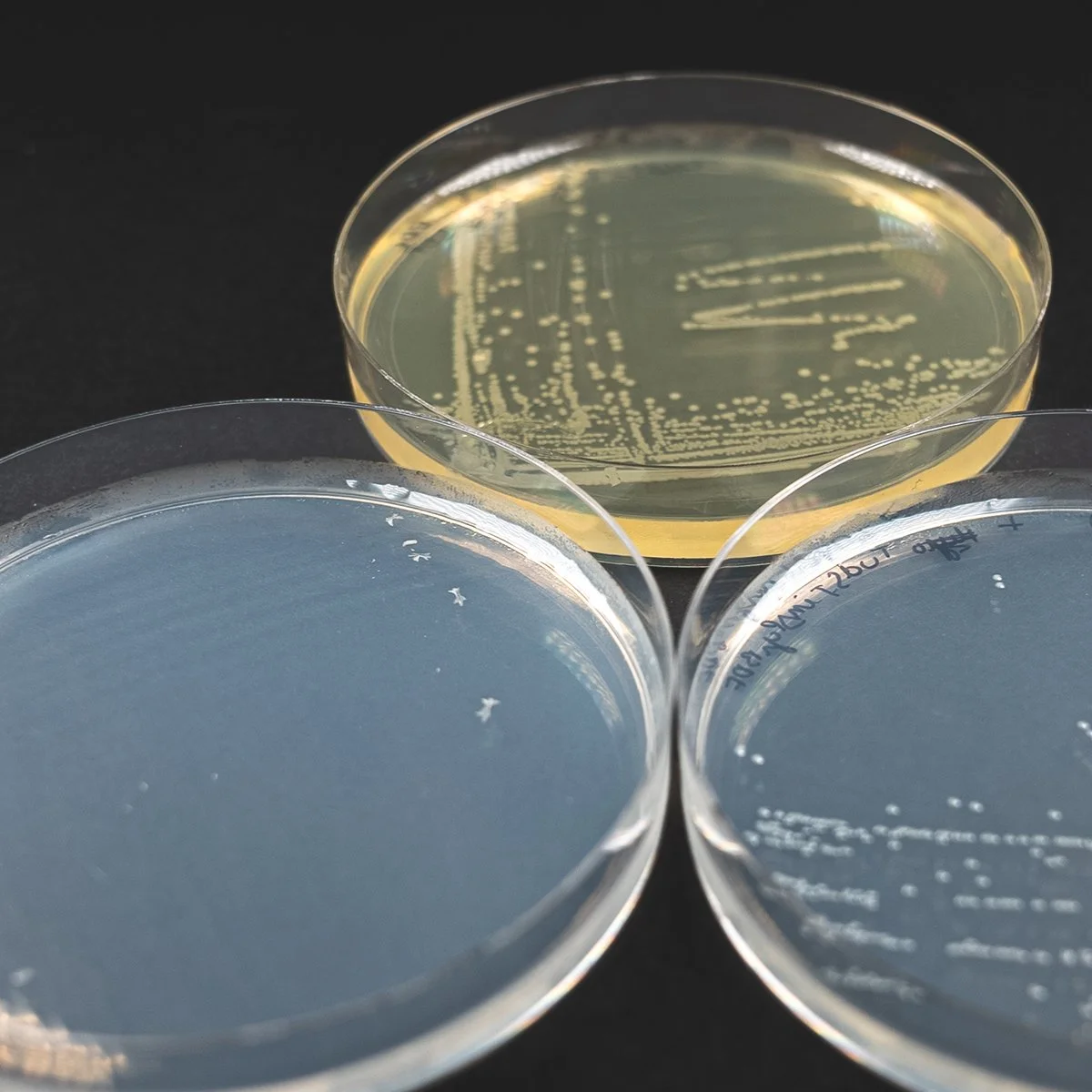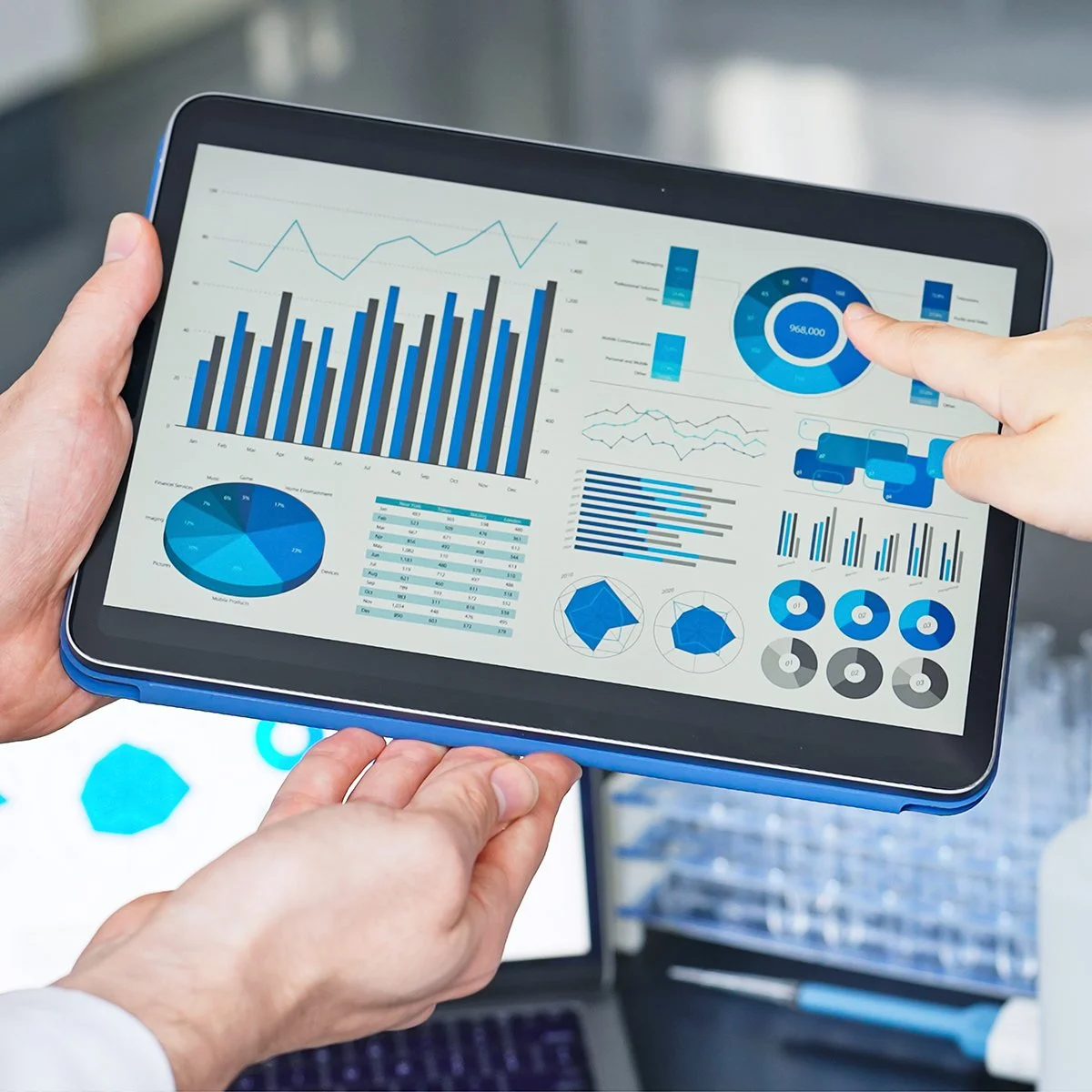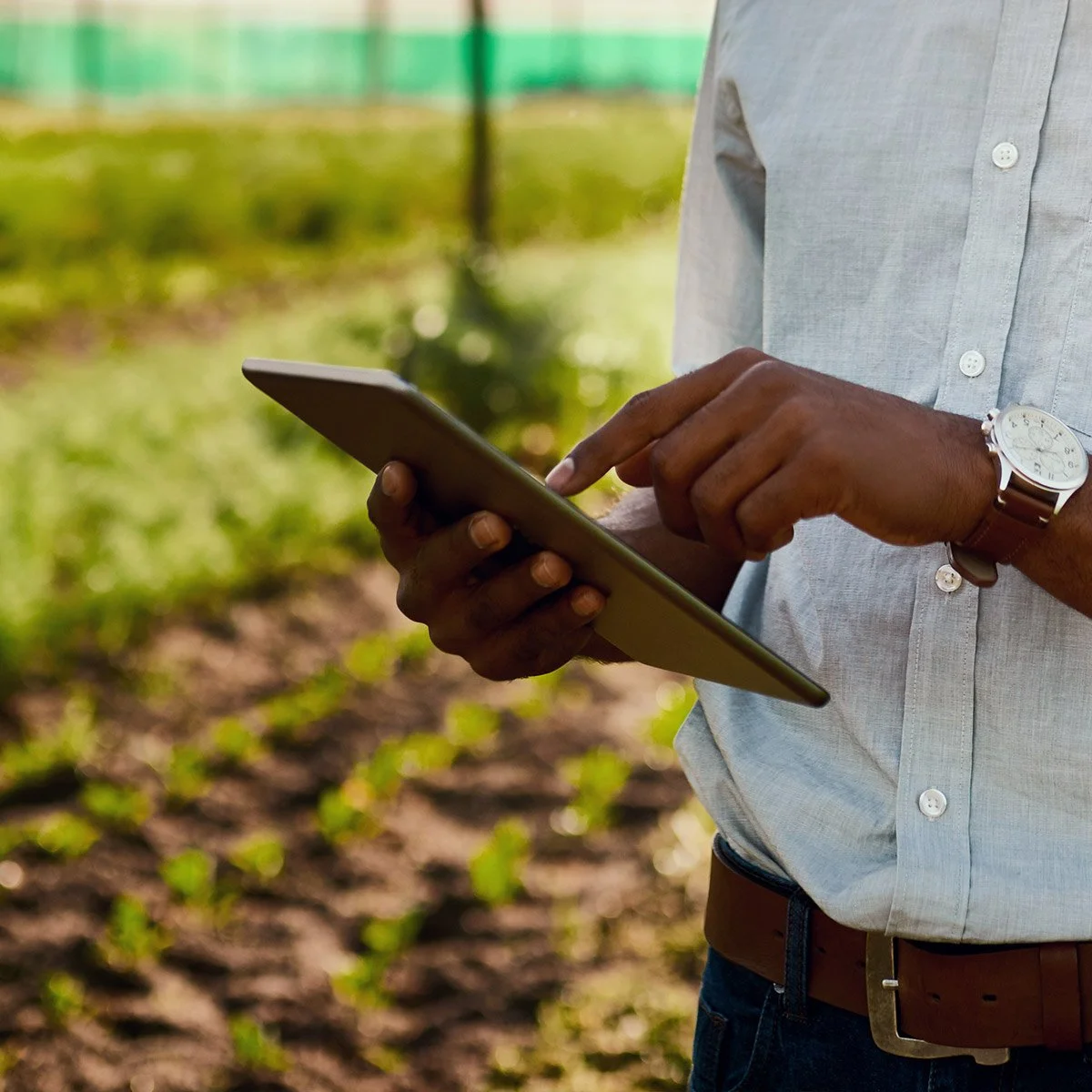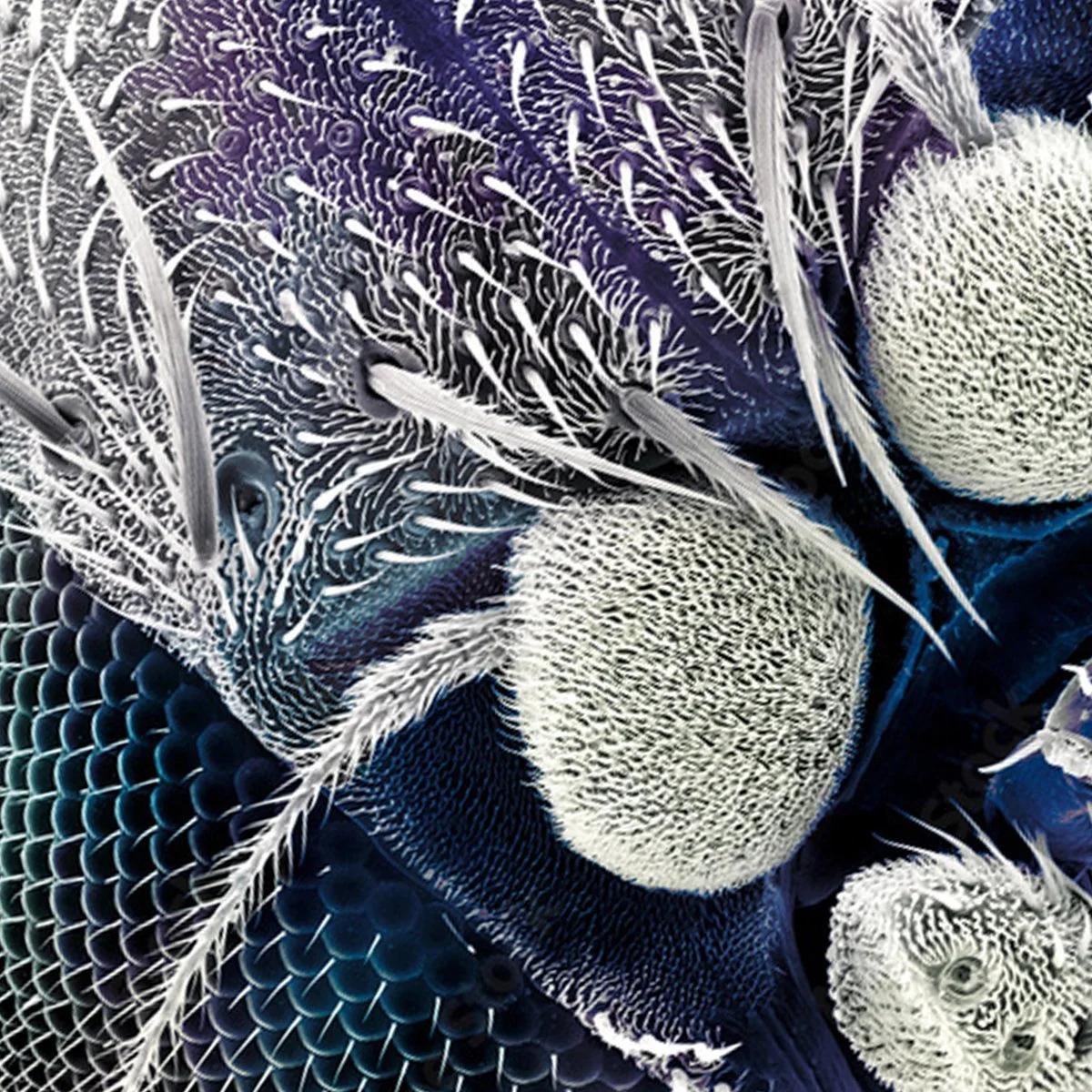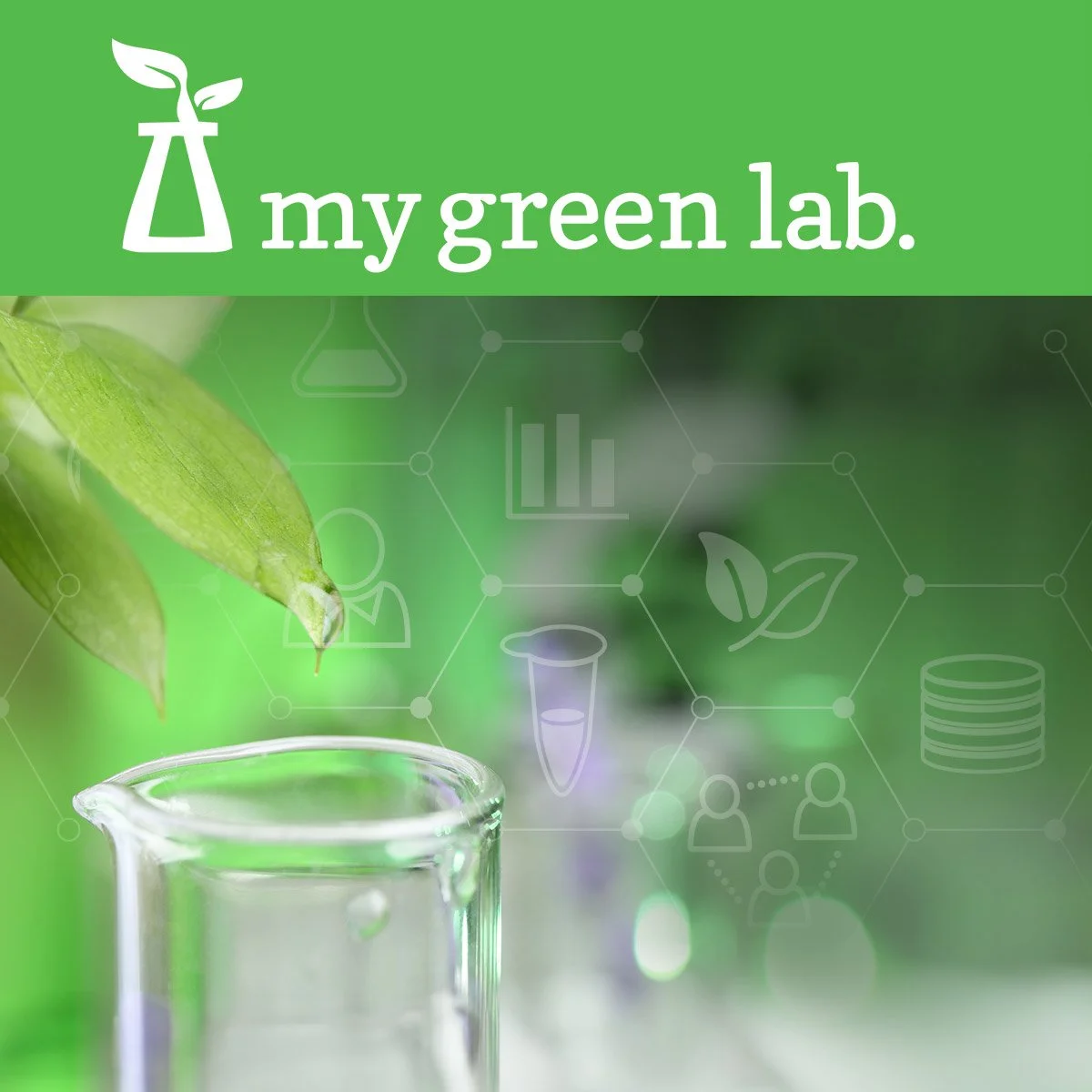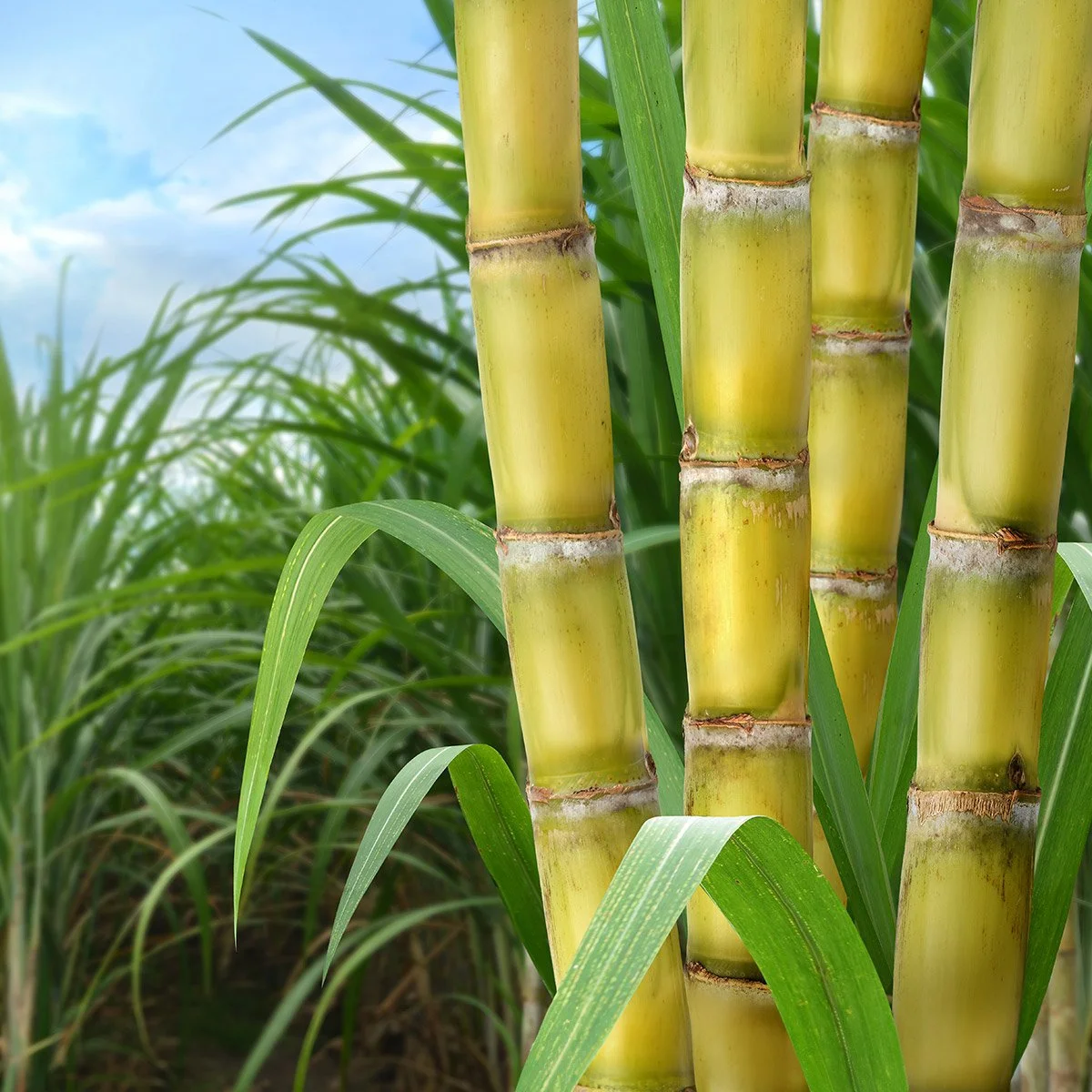Go green in 2019!
The Go Green! Innovative practices for laboratory waste symposium was held to help Boston area life scientists address recent challenges to reducing waste. The crowd had many good questions for the three speakers. You can view the videos of each talk below. It was such a treat being told by local scientists how glad they were to be invited to this event - which was hosted by New England Biolabs and Labconscious!
Please feel free to share these videos via web sites, email newsletters and tweets to connect even more scientists to the latest information on recycling, reuse and reduce strategies.
The New England Biolabs podcast will be coming soon! After the talks, biologists raised great questions during the panel discussion on cost-effective and eco-friendly tips for life science lab waste.
My Green Lab is a non-profit helping scientists to build a culture of sustainability
The My Green Lab certification program and Lab Freezer competitions provide customized guidance to reduce lab waste. Universal tips include setting -80C freezers to -70C, and turning off small lab electronics at night.
What you bring into your lab can make a huge impact on waste output. The China import recycling ban has made it a good time to review the lab products that you use.
Whenever possible, use cooler shipper take back programs and cardboard alternative coolers for cold shipments.
Use glove recycling, solvent recycling, Milliipore filter recycling and Corning packaging recycling programs. These options are still available!
Use the ACT Label for guidance on the environmental impact of laboratory products.
The International Institute for Sustainable Laboratories (I2SL) conference recently recognized the following ACT label adopters for working to green the research supply chain: Cleveland Clinic, Duke University, Harvard University, Emory University, MIT, University of Alabama at Birmingham, University of British Columbia, University of California, University of California, San Diego, University of California, Santa Barbara, University of Colorado Boulder, University of Georgia, and University of Virginia.
Grenova makes a pipette tip washer that is smarter, cleaner and greener
Life science is rapidly increasing its results output with new techniques and automation. At the same time this also increases plastic consumable waste output.
At least 77 million pounds of pipette tips are land-filled annually.
The TipNovus bench top device automatically washes and sterilizes plastic pipette tips for reuse in 10 minutes.
The wash also eventually eliminates the tips being discarded as chemical or biohazardous waste. TipNovus uses chemical stabilizers so that no hazardous liquid waste is produced.
Grenova’s pipette tip washer has allowed 100 million to tips to be reused - saving $4.3 million dollars of new pipette tip purchases.
Triumvirate Environmental Red2Green makes recycling RMW easy
Most biohazard waste is incinerated resulting in pollution. A huge portion contains plastic that shouldn’t be included.
Triumvirate Environmental started the Red2Green program by trying to train organizations on ways to keep plastics out of red bag waste. Unfortunately, this front end strategy proved ineffective.
The Red2Green service is a back end strategy that easily works in labs.
Triumvirate has the only facility permitted to treat RMW by chemical oxidation and to recycle plastic. Despite the China recycling import ban, Triumvirate has plenty of buyers for its recycled plastic.
Scientists can distinguish their public grant applications to reviewers by listing Red2Green as their method of safe and exceptionally responsible hazardous waste disposal.
Using Red2Green demonstrates environmental commitment to the young, talented scientists that academic and industry lab want to hire.
It is available on the east coast and recently in California.
Thank you for being labconscious!




